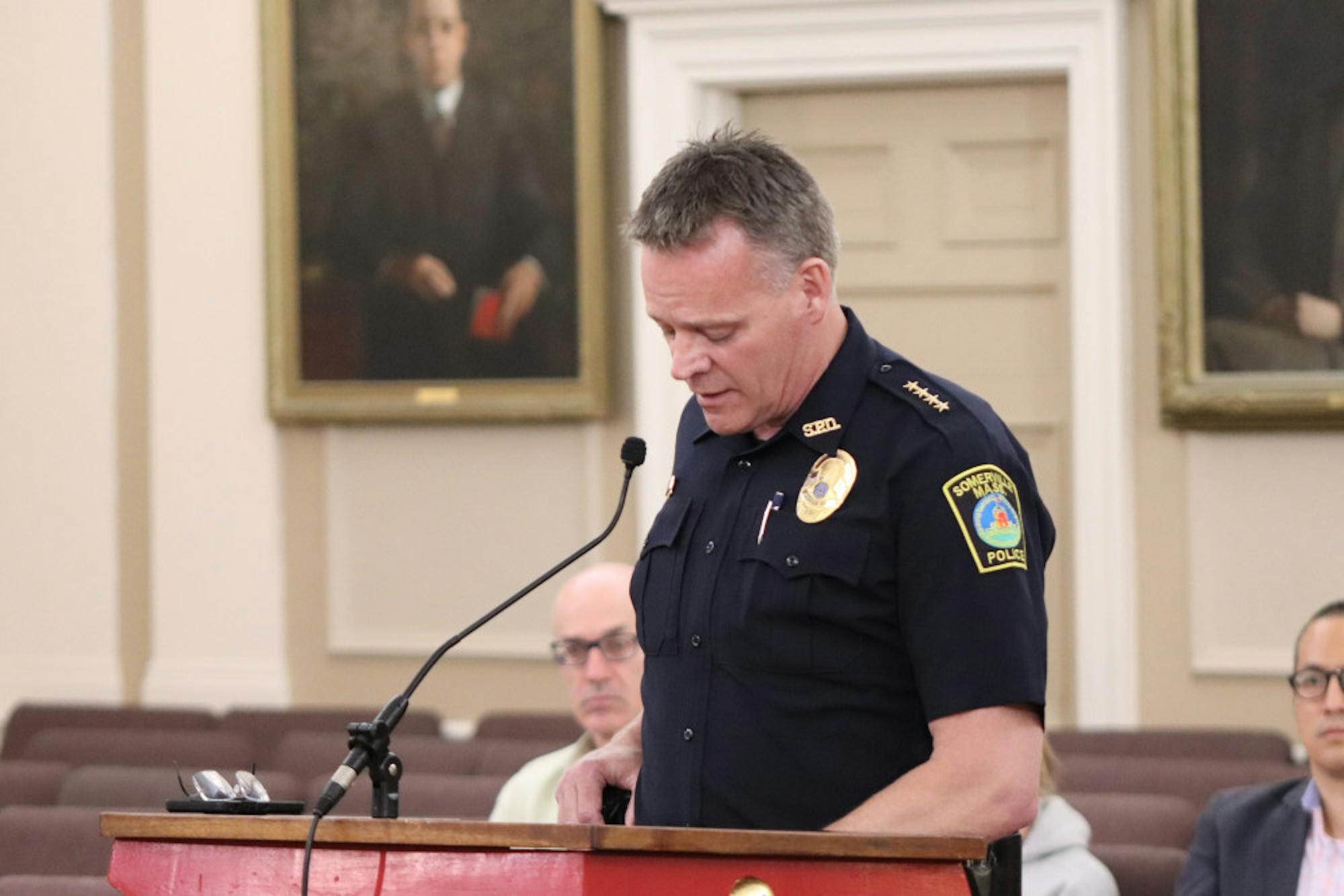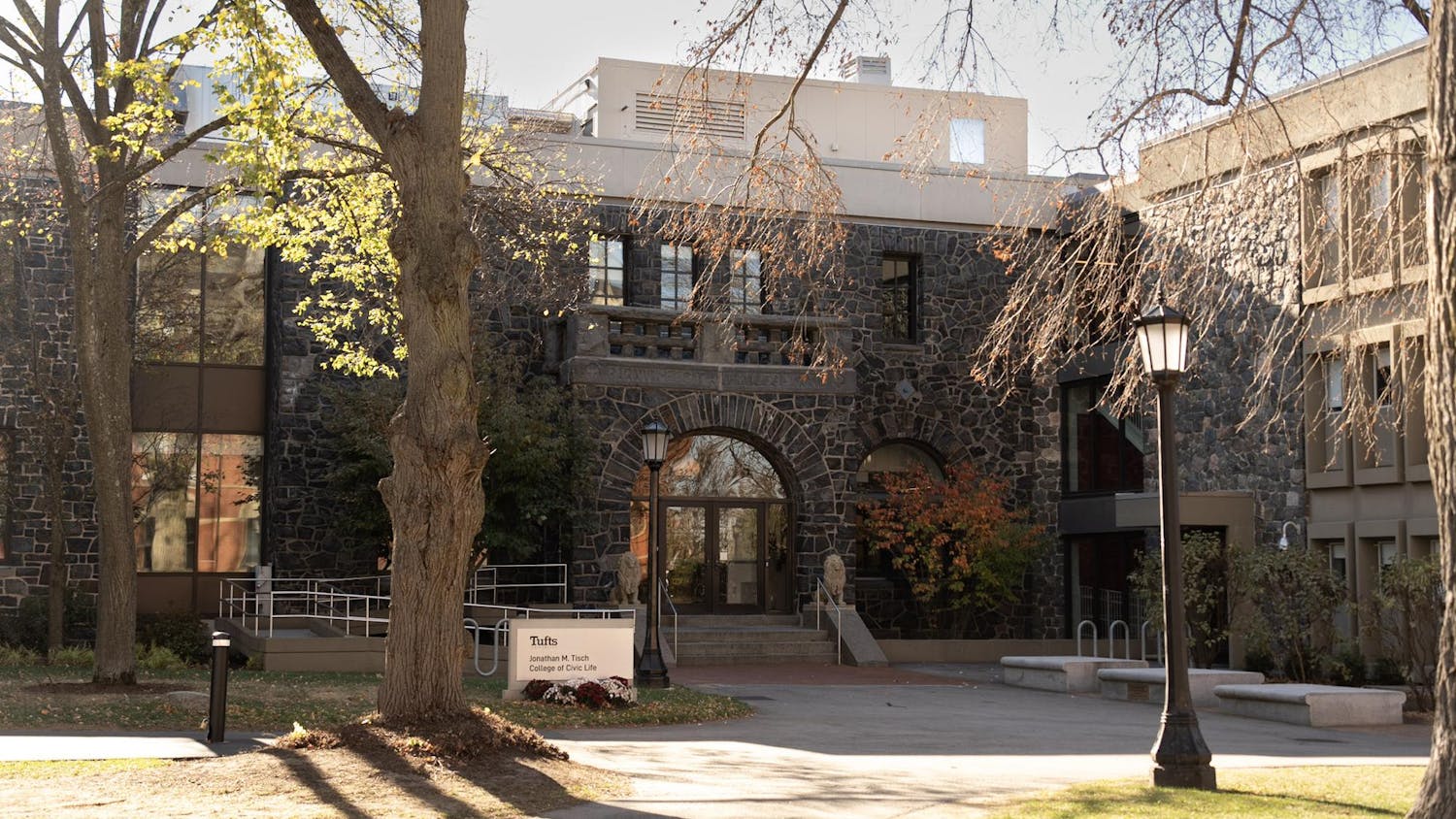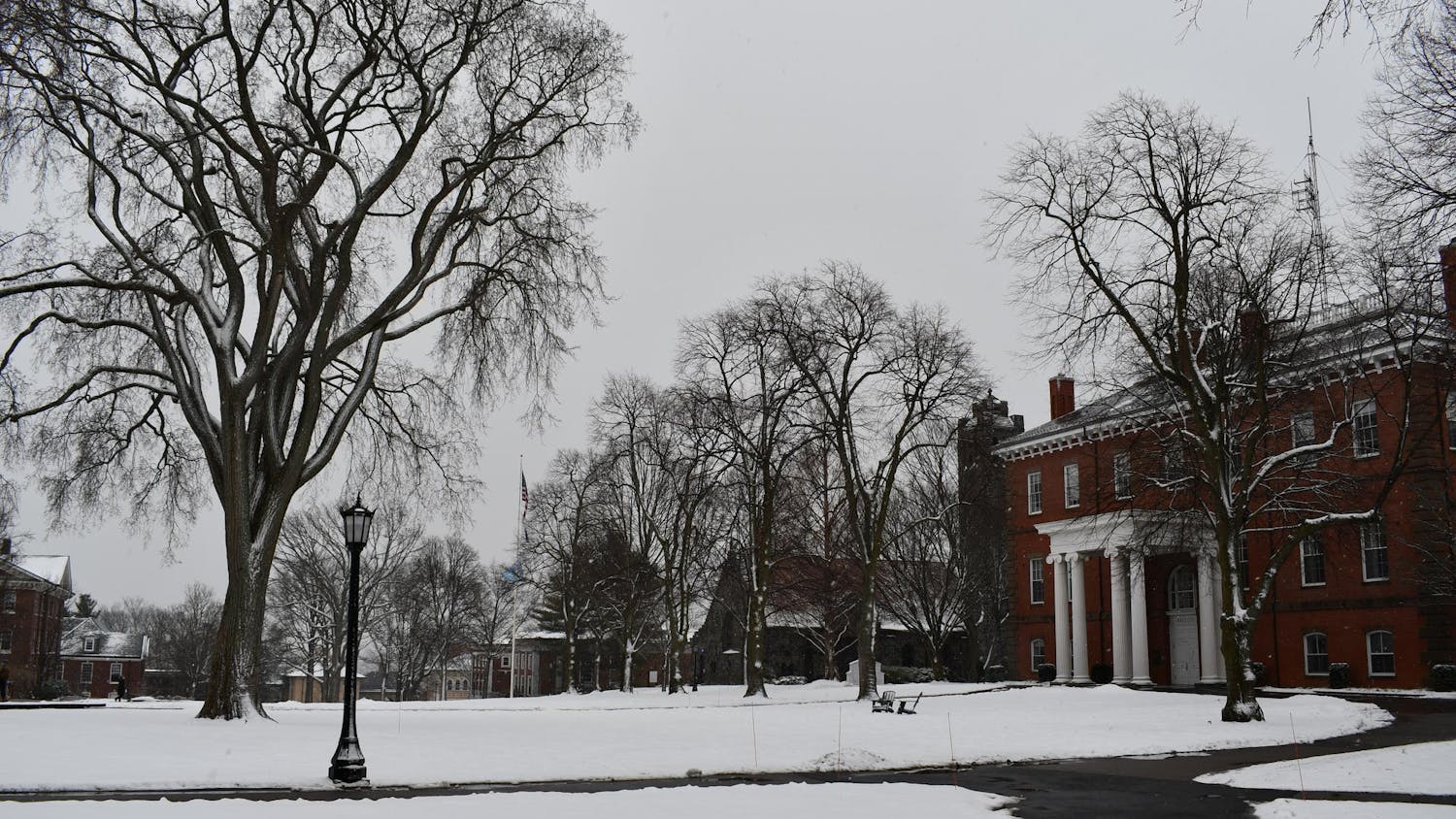The Somerville Police Department (SPD) has come under heavy criticism in recent days after 13 of its officers participated in the police deployment at the Aug. 31 Straight Pride Parade in downtown Boston.
The police have been accused of using excessive force against counter-protesters. Videos and photos show officers labeled "Boston Police" using force and pepper spraying counter-protesters during the event.
Somerville Chief of Police David Fallon went before the Somerville City Council on Sept. 12 to brief them on a review of the department’s actions at the Straight Pride Parade after 117 public comments on the matter were submitted on the subject and calls and requests were made by Councilmen J.T. Scott and Mark Niedergang for him to do so.
Fallon began his remarks by welcoming the transparency and stating how proud he was of the officers who were deployed.
He explained that the Boston Police Department (BPD) had requested mutual assistance from area police departments, including SPD, as they had intelligence that there would be around 200 marchers and 2,000 counter-protesters, with individuals in both camps anticipating confrontation.
“Our officers were sent in to prevent another tragic loss of life like we witnessed in Charlottesville,” Fallon said.
Deputy Chief Stephen Carrabino received the request from BPD and asked the 20 members of the Cops On Bikes for Regional Assistance (COBRA) unit, which specializes in crowd control, if they were available; 13 volunteered and were paid overtime through drug forfeiture money from the Law Enforcement Trust Fund, according to Fallon.
He rejected the idea that his officers had been sent to protect the marchers, saying they were in fact at the march to maintain public order and defend the safety of “protesters, counter-protesters and anyone in the vicinity.”
He said that Somerville police officers had been confronted by various weapons at the protests from battle shields to razor blades and collapsible batons while members of the crowd chanted “Who do you protect? Who do you serve?” and called officers Nazis.
“Having people scream [that] at you when you go to work because you chose to serve and protect your community makes for a difficult day, and I don’t believe it’s correct,” the chief said.
Fallon said that Somerville officers did not use pepper spray or their batons that day and made no arrests. Nonetheless, Fallon told councilmembers that the department is reviewing police conduct that day, as is procedure.
Some of the anger at SPD comes from Tufts students who attended the march as counter-protestors.
One of the them, Kayleigh Milano said that the police presence on Aug. 31 was heavier than they had seen at any other similar event. They described hundreds of police officers lining the parade route and even more following behind the marchers in buses.
When Milano, a senior, and other counter-protesters tried to move in closer to the Straight Pride Parade marchers, they were cordoned off from them. Bike police, like those sent by SPD, used their bikes to compel the counter-protesters to move along the route.
“Not that they were hurting people, but they were using these bikes to shove people into specific areas,” they said.
They added that they saw some of the counter-protesters being aggressively dragged or carried out of the crowd to be arrested by the police.
“From what I saw, the presence of that many police officers escalated the situation, and I felt really afraid,” Milano said. “When I see a Somerville cop now on Tufts campus, I don’t trust those officers.”
SPD found itself once again on the defensive last night at a community meeting held by Ward 4 City Councilor Jesse Clingan at Somerville High School.
Roughly 50 attendees filed into the auditorium to air their concerns while Fallon and Somerville Mayor Joe Curtatone listened, though neither provided responses after initial statements.
Curtatone thanked community members for providing their input, emphasizing that he and Fallon were sensitive to concerns about SPD officers’ participation in the event.
“I will say that we do stand in solidarity with you, we stand against people who promote white supremacy, who promote hate and who stand against everything that is of value in this community,” Curtatone said.
Fallon spoke next, echoing his previous comments from the City Council meeting, saying that officers went to Boston to maintain public safety and emphasized that de-escalation of conflict was their priority.
“The decision to send several police officers there was to help protect everyone,” Fallon said. “We’re striving to get better, we’re striving to improve, we embrace this transparency.”
Curtatone and Fallon's statements were quickly followed by several community members upset by the actions of SPD. One of them, Mike Shlegelmilch, a Somerville resident who was among the counter-protesters on Aug. 31, was appalled by what he saw as the excessive use of force by police against counter-protesters defending LGBTQ rights.
“I was lucky in that I left the protest with only fear and a lingering burn of pepper spray in my mouth — others were not so lucky,” he said.
Community members were each allotted two minutes to share their complaints, questions and demands for the mayor and police chief. Common demands included a thorough investigation of SPD involvement at the event, the department’s mutual aid agreements and the civil asset forfeitures which funded the deployment.
Connor Walsh, another resident who went to the counter-protest, claimed that police were unreasonably forceful in arresting some of his friends.
“It's not really much if you’re not the one who beat up my friend if you’re standing shoulder to shoulder with the one who did,” Walsh said. “When will Somerville decide that this is not the kind of policing we want?”
Both before and after the public forum, Curtatone and Fallon made themselves available to speak privately with individuals who did not want to share their name and address on public record.
Somerville PD takes heat for Straight Pride deployment

David Fallon, Somerville Police chief, defends his officers' participation in the police response to Straight Pride Parade before Somerville City Council on Sept. 12.





